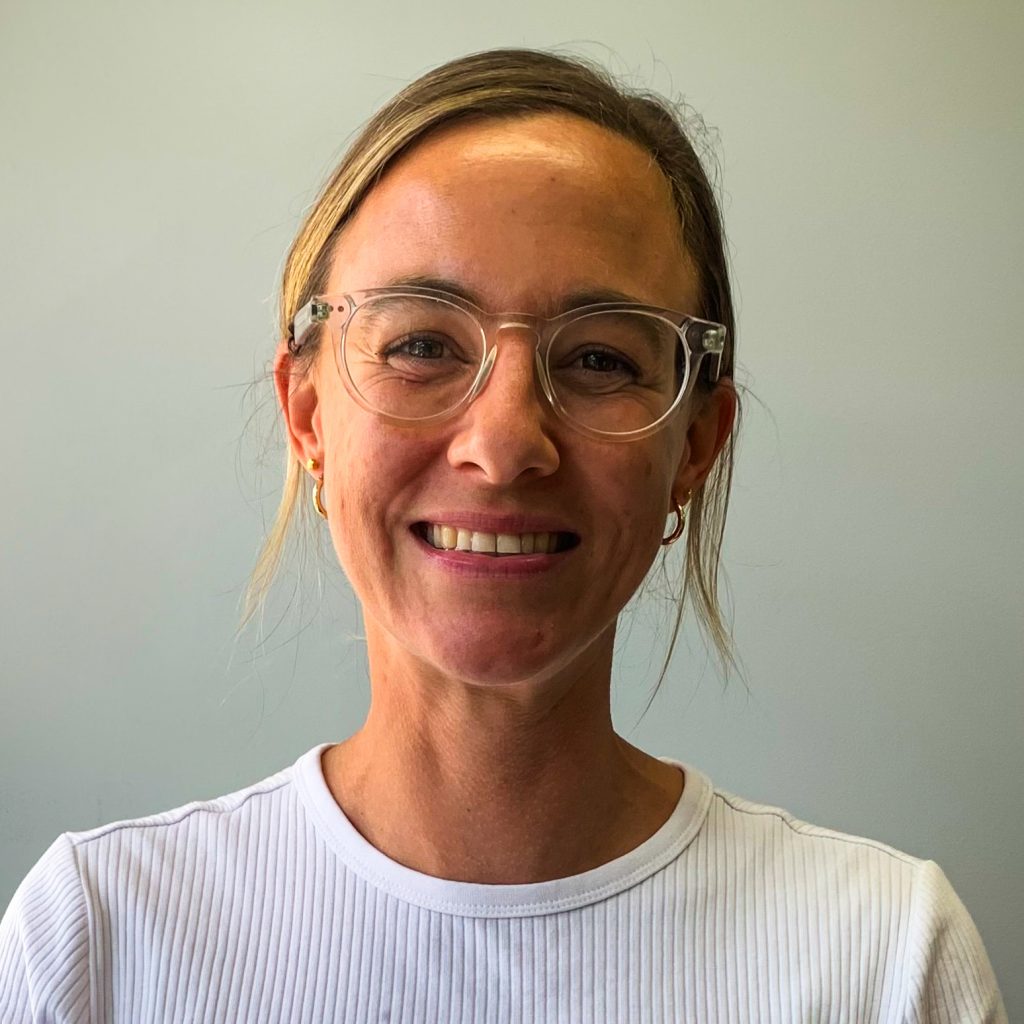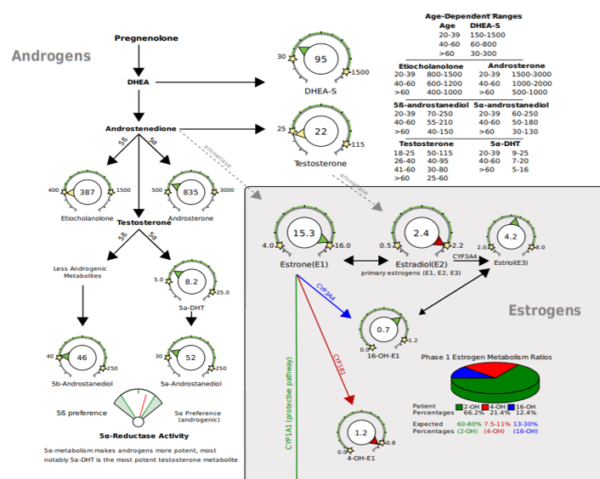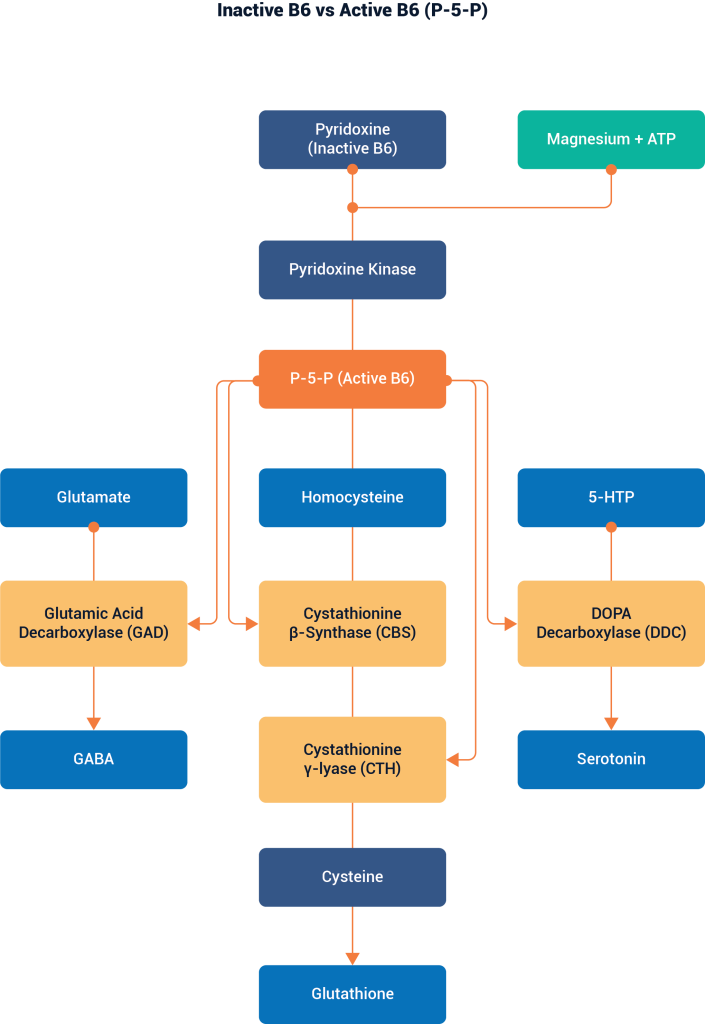With the rise in popularity of protein balls, protein shakes and recipes with a key ingredient of protein powder, there’s no doubt that protein remains one of the most widely used supplements. Protein powder can be a highly beneficial supplement for digestive issues, restricted diets and athletes.
However, is Protein Powder Safe?
While protein powders are a popular supplement for many people looking to enhance their nutrition, there are increasing concerns about their safety, particularly when it comes to plant-based options. Heavy metals such as arsenic, lead, cadmium and tungsten, as well as other contaminants, remain an area of concern in plant-based protein powders.
Heavy Metals and Other Contaminants in Protein Powder
In one study, researchers found that many plant-based protein powders contained high levels of heavy metals, BPA, pesticides, or other contaminants with links to cancer and other health conditions. Some toxins were present in significant quantities. For example, one protein powder contained 25 times the U.S. allowed limit of BPA. The existence of these toxins usually come from the soil that is then absorbed by plants that are made into protein powders.
The Issues with Heavy Metals
Toxic metals have been correlated with a variety of neurological conditions including reduced cognitive function, mood disorders, kidney and liver damage among others. Long term consumption of heavy metals such as arsenic have been shown to cause a range of side effects and symptoms including DNA mutations and skin lesions, alongside an increased risk for the development of cardiovascular disease and diabetes. It is therefore important for those consuming protein powders on a daily or long-term basis to be aware of the potential frequent exposure to heavy metals and other contaminants that may be present. It is worth enquiring further about testing and the detection of any heavy metals in the protein powder from the manufacturer.
Find out more about the safety of supplements over here.




